Dawn of the Planet of the Apes: Thoughts from Andy Serkis and a glimpse at the movie
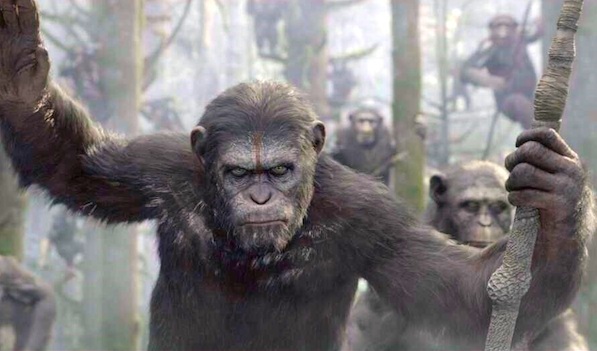
A decade on from the defiant ape rebellion of Rise of the Planet of the Apes, Caesar, Andy Serkis’s genetically evolved super-chimp, leads a growing nation of primates as they embark on their own path toward civilization after a deadly flu virus kills off the planet’s human population. In this post-apocalyptic ape utopia, the monkeys live in peaceful harmony grappling with their ability to survive in the wake of their new-found intelligence. However, a concealed colony of human survivors, led by Gary Oldman’s Dreyfus, threatens to destroy this tranquility as they too seek survive in the midst of oblivion.
At an exclusive screening in Soho Serkis explains that this latest instalment of the seminal film series contains a “strong emotional thread”. This is a film that charts the progress of families, he says, as they grapple with the concepts of “empathy, power and prejudice”, as well as their own endurance in a world devoid of human comforts and control. At the film’s core is Caesar’s personal journey as he grapples with the pressures of leadership and power, as well as dealing with his own internal conflict between his ape and human natures.
Even in the short time since the release of Rise of the Planet of the Apes the possibilities of Motion Capture Technology have come a long way. Technological advances allowed director Mark Reeves to shoot the majority of the film on location in Vancouver and New Orleans, giving a startlingly realistic set of dense, pre-historic forest and a crumbling, decaying San Francisco. Progress in CGI has allowed for a greater scope in what can be done in terms of live theatrics. Serkis explains that there is a more direct correlation between the raw performance and the graphics; there is a greater “marriage” between the two components, where everything that goes into creating the authentic images on screen is “authored by the acting on set”.
Professors of evolutionary anthropology Dr Volker Sommer and Dr Sarah Johns join the discussion, explaining that the idea of apes passing on knowledge and possessing their own idiosyncratic personhoods are not as fantastical as we may believe. What is most admirable about the CGI element of these films, according to Sommer, is that they terminate the barbaric practice of using live animals for entertainment purposes as well as allowing large audiences to explore the idea that apes are not as distant from humanity as we may expect. Ultimately, as Serkis states, this is not a traditional blockbuster, nor is it a typical post-apocalyptic affair. This is a “peace movie” he explains, bound together with “hope”.
Alexandra Sims
Dawn of the Planet of the Apes is released nationwide on 17th July 2014, for further information visit here.
Watch the trailer for Dawn of the Planet of the Apes here:

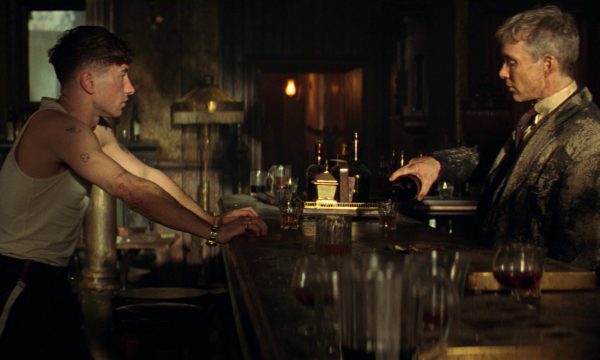
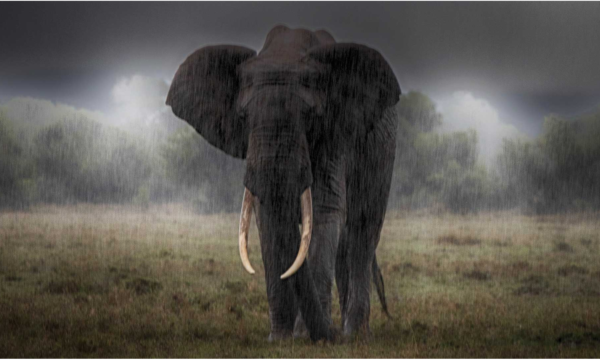
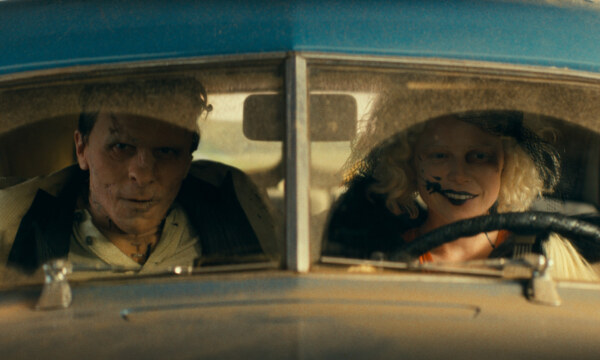
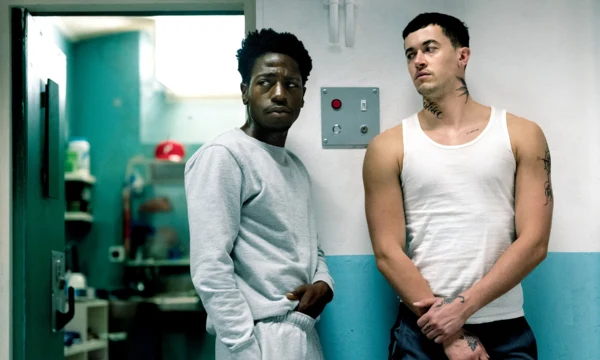



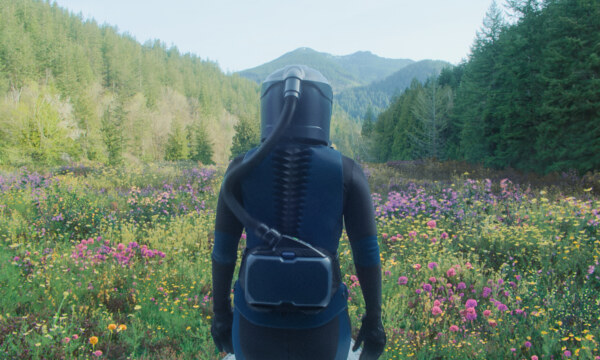






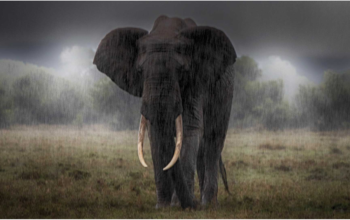


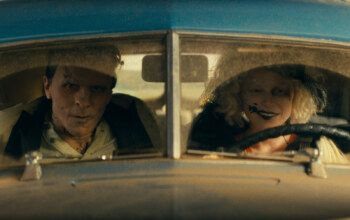





Facebook
Twitter
Instagram
YouTube
RSS